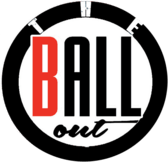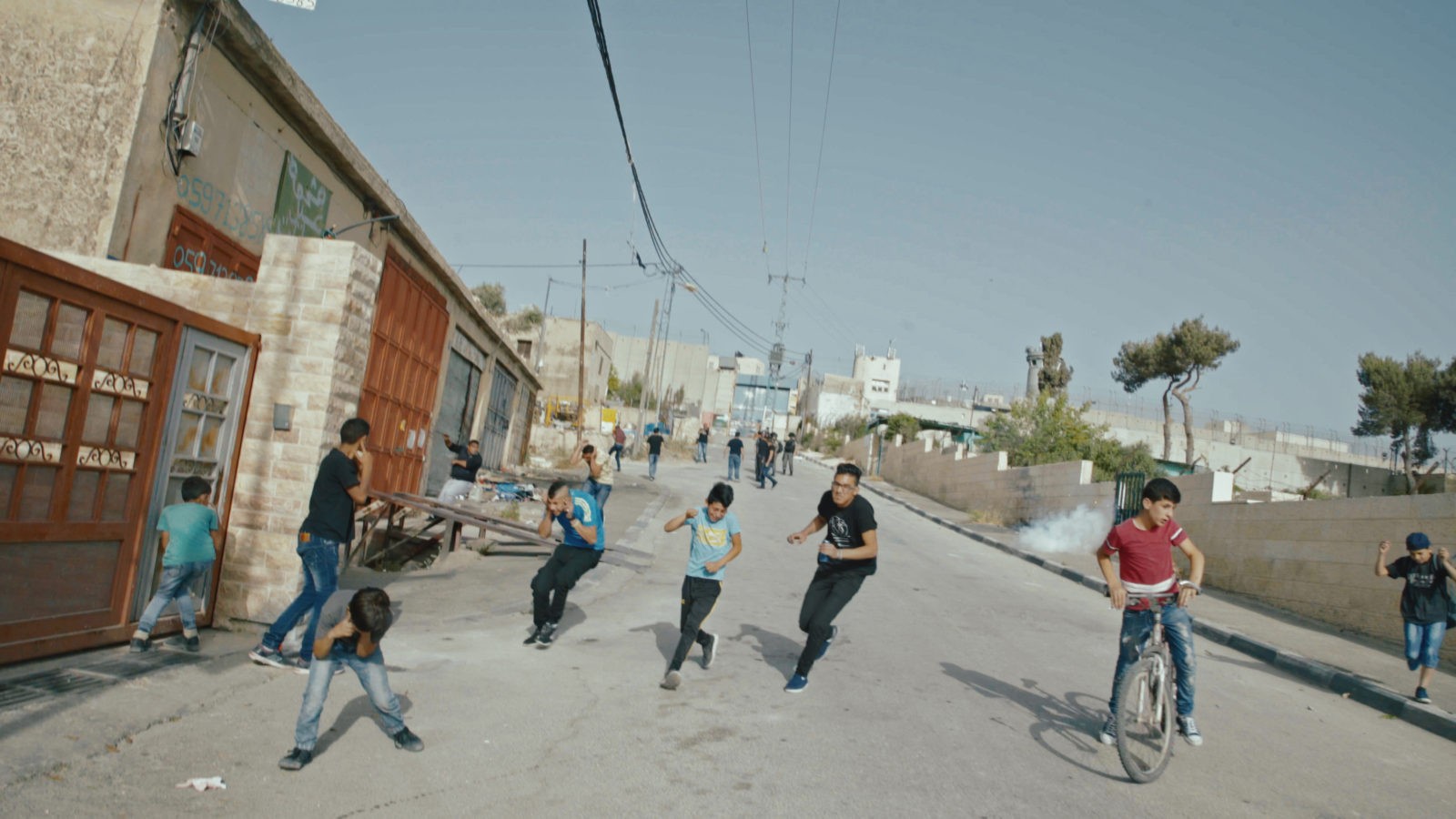As a message, “Hurdle” works to perfection. It’s opinion on the Israeli-Palestinian conflict is clear, and extensively (some might say heavy handedly) argued. That doesn’t necessarily mean that it’s a good example of a documentary — important, weighty subject matters have been given the prestige’s documentary treatment before, and come out the other side worse for it.
We should be thanking our stars, then, that “Hurdle” is a wonderful piece of filmmaking.
The metaphor of parkour in a place surrounded by walls and fallen rock is almost too perfect to believe; a group of people, jumping for something much too far out of reach. The climax of “Escape from Alcatraz” comes in mind. Young men, living and training other young men, pushing through military chokeholds and checkpoints, trying to crave lives out of old and growing older concrete.
Parkour is an expression of defiance; a screw you to the stoicism that height and falls are supposed to bring forth.
The thing that gets lost in translation of dystopic fiction as guidebook to real life oppression is that even under oppressive regimes people find ways to fill in the cracks. Children still play, mothers still laugh, vendors still sell their wares. People live, even when their governments don’t want them to. Even, as is often the case, if groups of otherwise educated and compassionate people mock them to their faces.
Israeli Independence Day comes in the bloody shadow of the Holocaust. Jewish people as a whole were nearly wiped from the face of the earth — explaining the Holocaust feels now like a mandatory aside, as white nationalists and anti semites rise to run their damn evil mouths — and the creation of a Jewish state was a just and moral outcome.
The cruelty and evil done to the Jewish people sits in the heart like a heavy weight, and no more so when the parade of Israelis march happily down the streets, and take the time to stare at the Palestinians blocked off down a cramped alleyway.
This is not a comparison of the Holocaust to the Israeli-Palestinian conflict; that would be ridiculous, and absurd, and cruel. But it is another reminder how easy it is to create an underclass of people, and how quickly that is normalized, and how swiftly the status quo clicks into place.
If there are complaints to be mined out of the documentary “Hurdle”, they fall in overzealousness, and an over trust in what the images convey. Scenes will run a shade too long, or the thematic through line is a hair off, and on rare occasions the pacing doesn’t line up as it should.
But that is documentary filmmaking. You have what you have, and reshoots are, well — you can only capture a horrified women telling news cameras about the execution and planting of evidence of a little girl once.
I referenced “Escape From Alcatraz” in the earlier part of this review — Charley Butts, trying to leap up and escape, knowing he is much too far away to ever get it. He eventually gives up, having missed his window for freedom. The plan didn’t fail him; instead, his desire to see it through did. Preference of status quo, the knowing of the knowns, overwhelmed his ability to engage with things unknown.
As the documentary comes to an end, we find that most of the people involved in parkour and training others in it are still doing so. Their desire has not waned, and they’re making sure the desire of others doesn’t, either.
“Hurdle” is about many things — the resiliency of oppressed people, governments as oppressor, status quo and the normalization of suffering — and it explores those ideas by pulling no punches. Blood, and pain, and fear, and hopelessness echo through the documentary, symptoms of an open psychic wound.
It ends in a place that seems hopeless, too — a man, peering through the cracks of a high wall, trying to see to the other side. But it’s a microcosm of the movies thematic messaging — the wall, built by the government; the cracks, made by an oppressed people fighting back; the violence to make the cracks, a normalization of the suffering inherent in fighting back.
Hurdle is both a noun, and a verb. A thing to go over, and the action of going over it. Choosing which one it is sets your state of mind — do you focus on the thing itself, or how to get over it? Focus on the occupation, or on the people trying to break free? No easy answers.
“Hurdle”, indeed.




